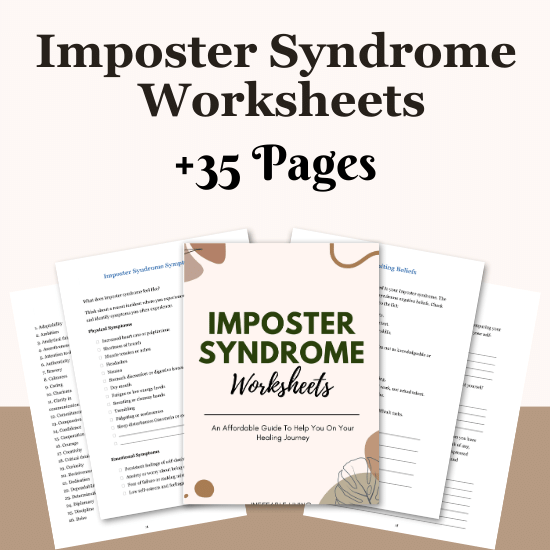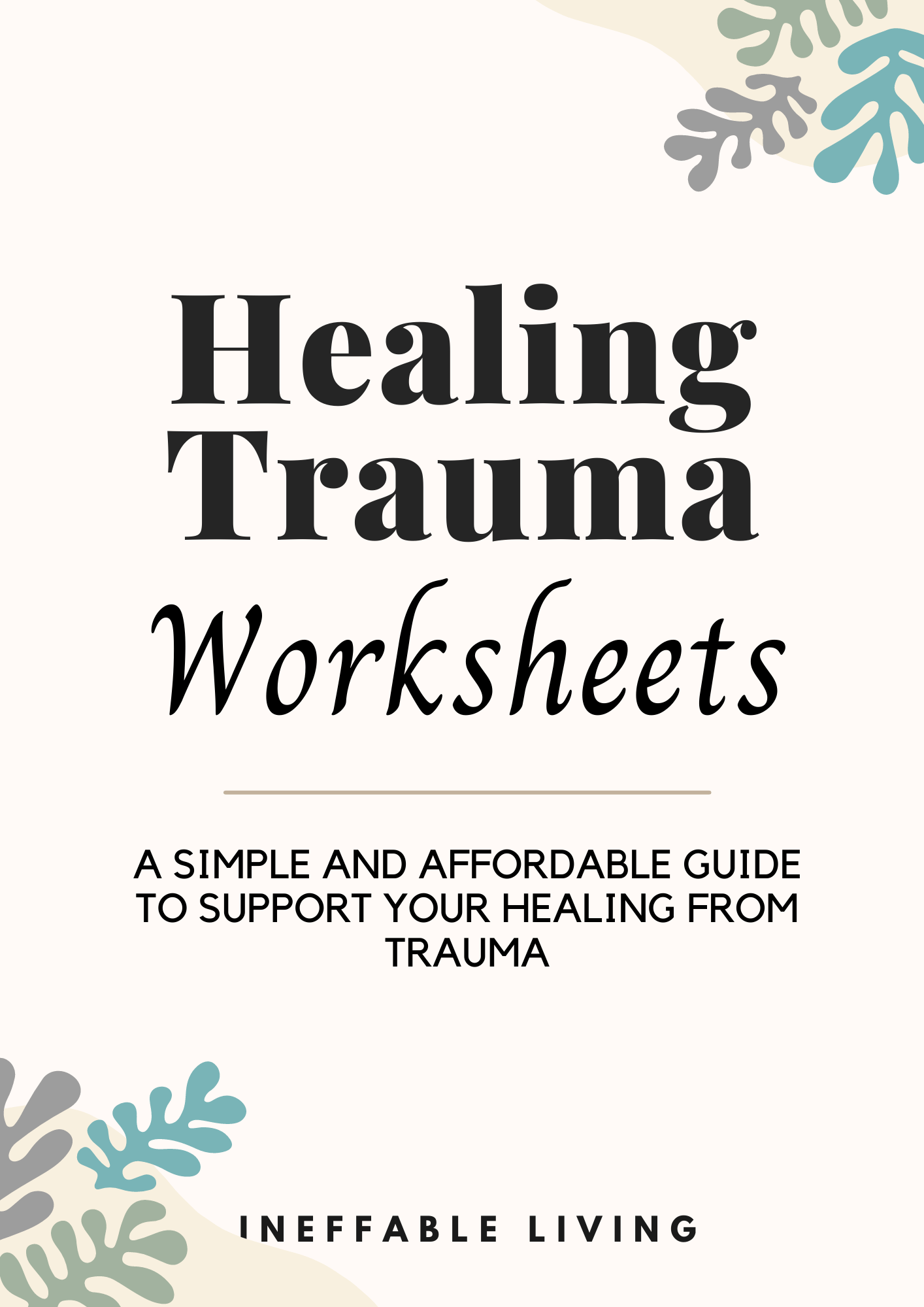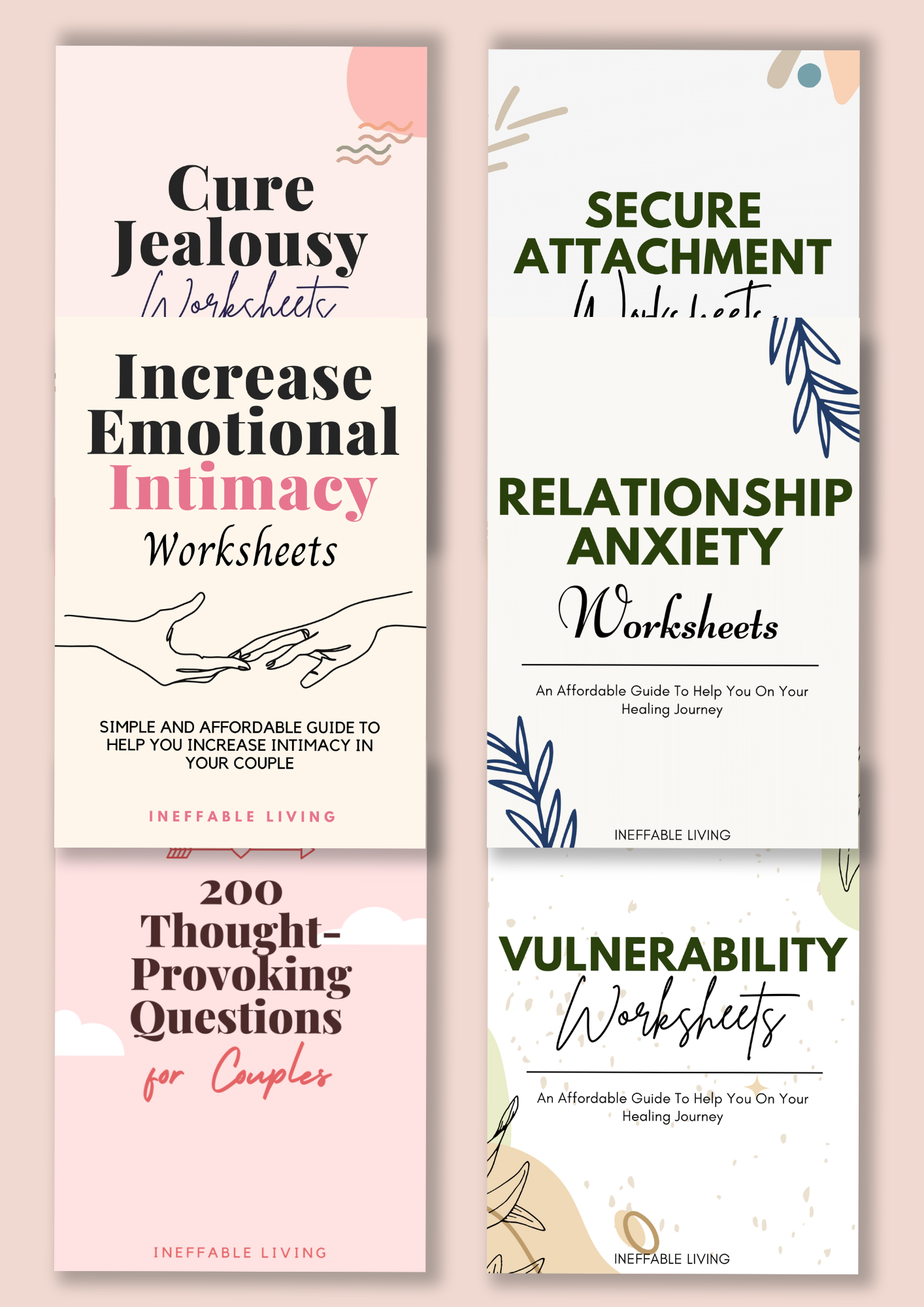1. Identifying Triggers: Reflect on situations or experiences in which you tend to feel imposter syndrome most acutely. What specific triggers or circumstances tend to evoke these feelings for you?
2. Self-Reflection on Accomplishments: Consider the accomplishments, skills, and strengths that you possess. Reflect on moments when you felt proud of your abilities or received positive feedback. How do these instances challenge the beliefs associated with imposter syndrome?
3. Internalized Beliefs: Explore the beliefs and internal dialogue that fuel your imposter feelings. What self-critical thoughts or narratives do you notice when imposter syndrome arises? How do these beliefs influence your perceptions of yourself and your accomplishments?
4. Comparisons and Standards: Reflect on any tendencies you have to compare yourself to others or hold yourself to unrealistic standards. How do these comparisons contribute to feelings of inadequacy or self-doubt?
5. Supportive Feedback: Write about instances in which you received meaningful support or validation from others. How did this feedback impact your perspective on your abilities and achievements?
6. Acknowledging Growth: Consider moments of growth and learning throughout your personal and professional journey. How have challenges or setbacks ultimately contributed to your development and expertise?
7. Redefining Success: Reflect on your definitions of success and competence. How can you shift your focus from perfectionism and validation-seeking to a more balanced and self-affirming view of success?
8. Affirming Self-Worth: Write a letter to yourself from a place of compassion and self-assurance. Acknowledge your worth, acknowledge your efforts, and validate the strengths and qualities that you bring to your personal and professional endeavors.
Imposter Syndrome Worksheets





